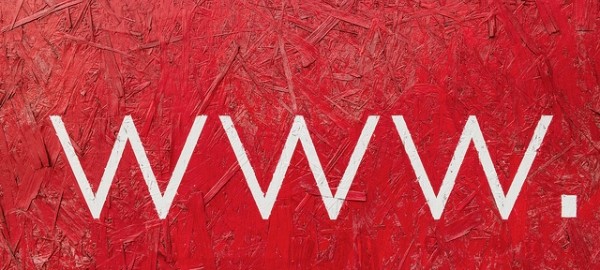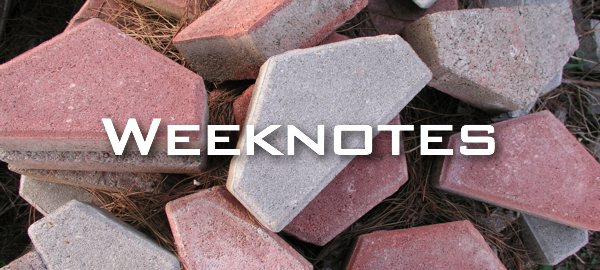Towards a learning standard for Web Literacy: (1) Introduction.
Update: For the latest information on the Web Literacy standard work, head to http://mzl.la/weblitstd
TL;DR version: Mozilla wants to work with the community to create a new learning standard around Web Literacy. There’s an online gathering to kick-off work in this area at 11am EST on Thursday 7th February 2013 to which everyone’s invited.
Posts in this series:
- Introduction
- What? Why?
- Who?
- How?
I’m delighted to announce that Mozilla intends to work with the community on defining a learning standard for web literacy.* This builds on the work that Michelle Levesque started, and I have continued, since joining the Mozilla Foundation in July 2012. It’s part of our wider mission to create a generation of Webmakers.
Anyone interested in helping define and maintain the standard is invited to a kick-off online gathering on Thursday 7th February 2013 at 11am EST (what time is that for me?). There’s no need to book, but signing up via either Eventbrite (below) means you’ll get reminders and be able to add it to your calendar. It’s also listed on Lanyrd.
Sign up here
From the overview wiki page:
The Mozilla Foundation has a vision of a web literate planet. We’ve built some tools to help with this and now we’re asking the question: What are the skills, competencies and literacies necessary to read, write and participate in the Web – now and in the future? We’ve already started the thinking but we want to go further and develop a web literacy standard that we can all align with and teach to. And we need your help.
We want to reach people at web scale, and that means lots of different individuals and organizations teaching various skills and competencies – many of you are doing this already – but we need a way for it to roll up to something bigger.
We need a way to ensure we’re teaching the right things, to connect various options and help learners discover pathways, and of course, to find ways for us all to track our impact. That’s where the standard comes in – we can build consensus around the overall learning map and then each chart our course against it. So, let’s develop the standard and do this together.
We’re convening an online gathering to kick-start work towards a learning standard for web literacy and build upon the work we’ve done so far in this area (and with badges). Be sure to to discuss where we want to go and find out ways for you or your organization to get involved. Make a point to get involved; we’re counting on you!
There’s a new Google Group for discussion/debate which you should introduce yourself to ASAP and the hashtag to use on social networks is #weblitstd. Note that http://mzl.la/weblitstd takes you to an overview page on the Mozilla wiki which should always have the latest information from Mozilla and the community in this new area.
Please do join us for the kick-off meeting, we’re excited! ![]()
*You’ll notice that I’m using ‘literacy’ in the singular form here. This is for mainly for communication purposes as we’ve found that talking about ‘literacies’ straight off the bat tends to confuse people. The substance of what I’ve been working on remains the same!
Image CC BY-NC-SA Daniel*1977



